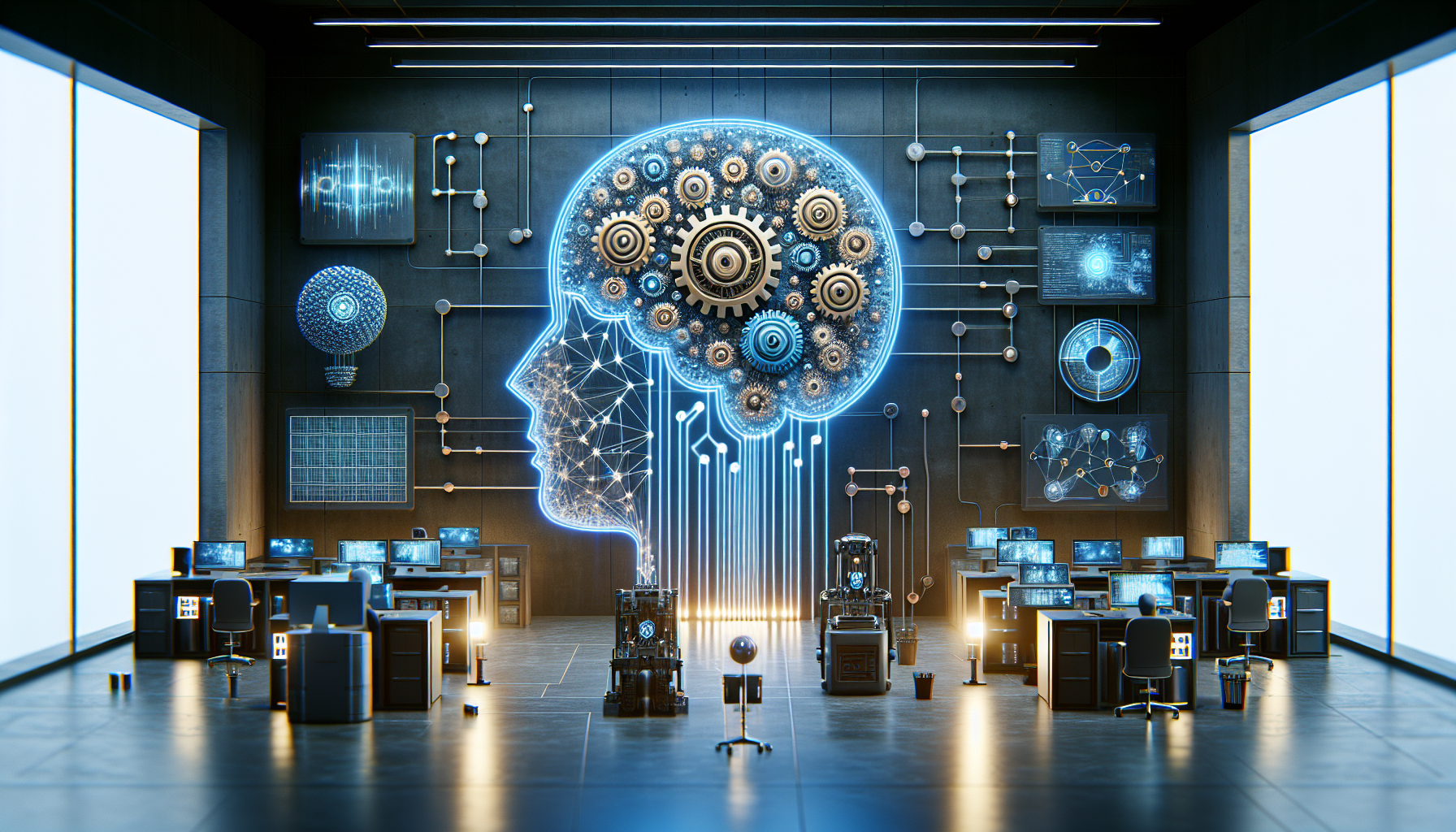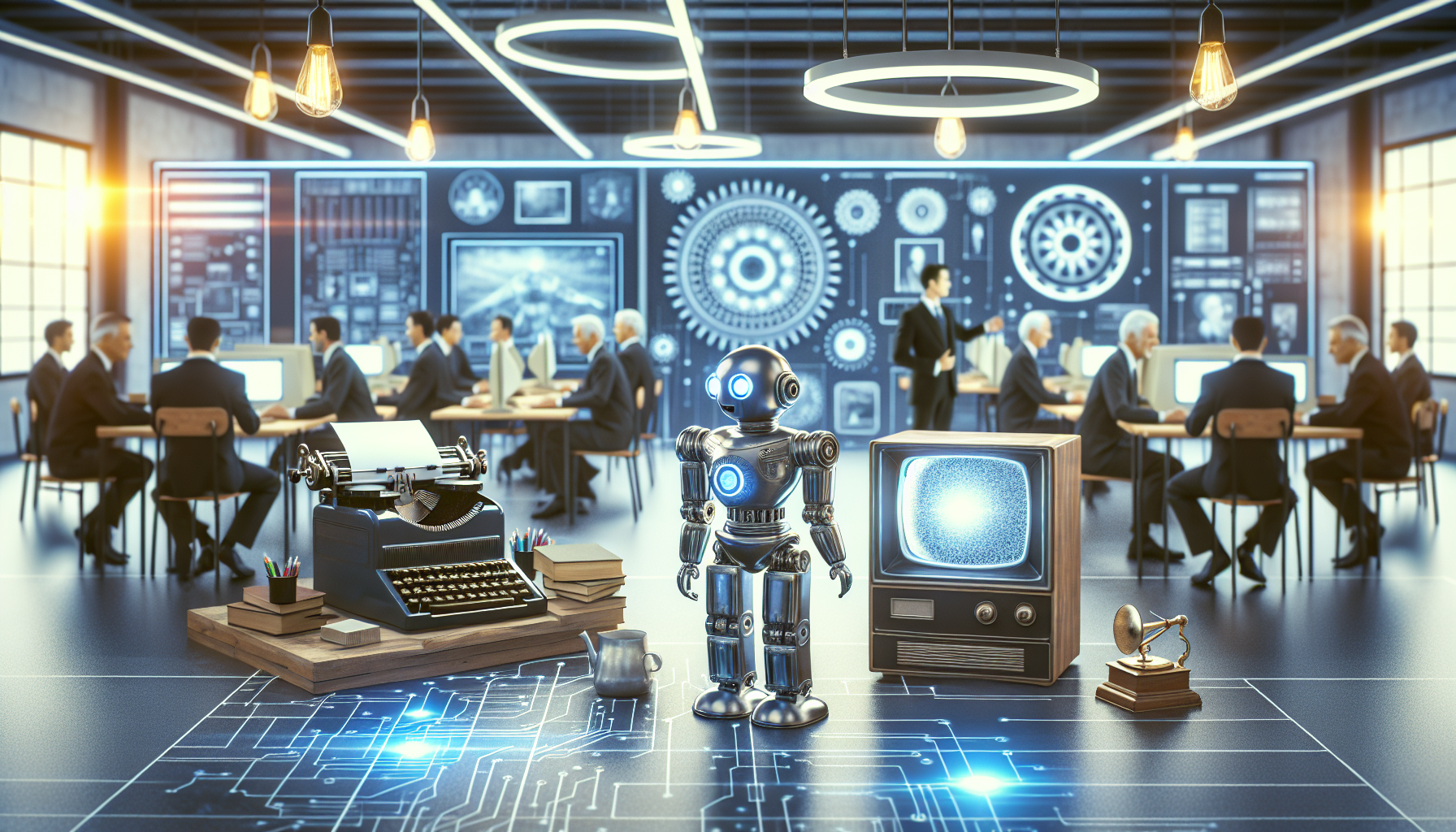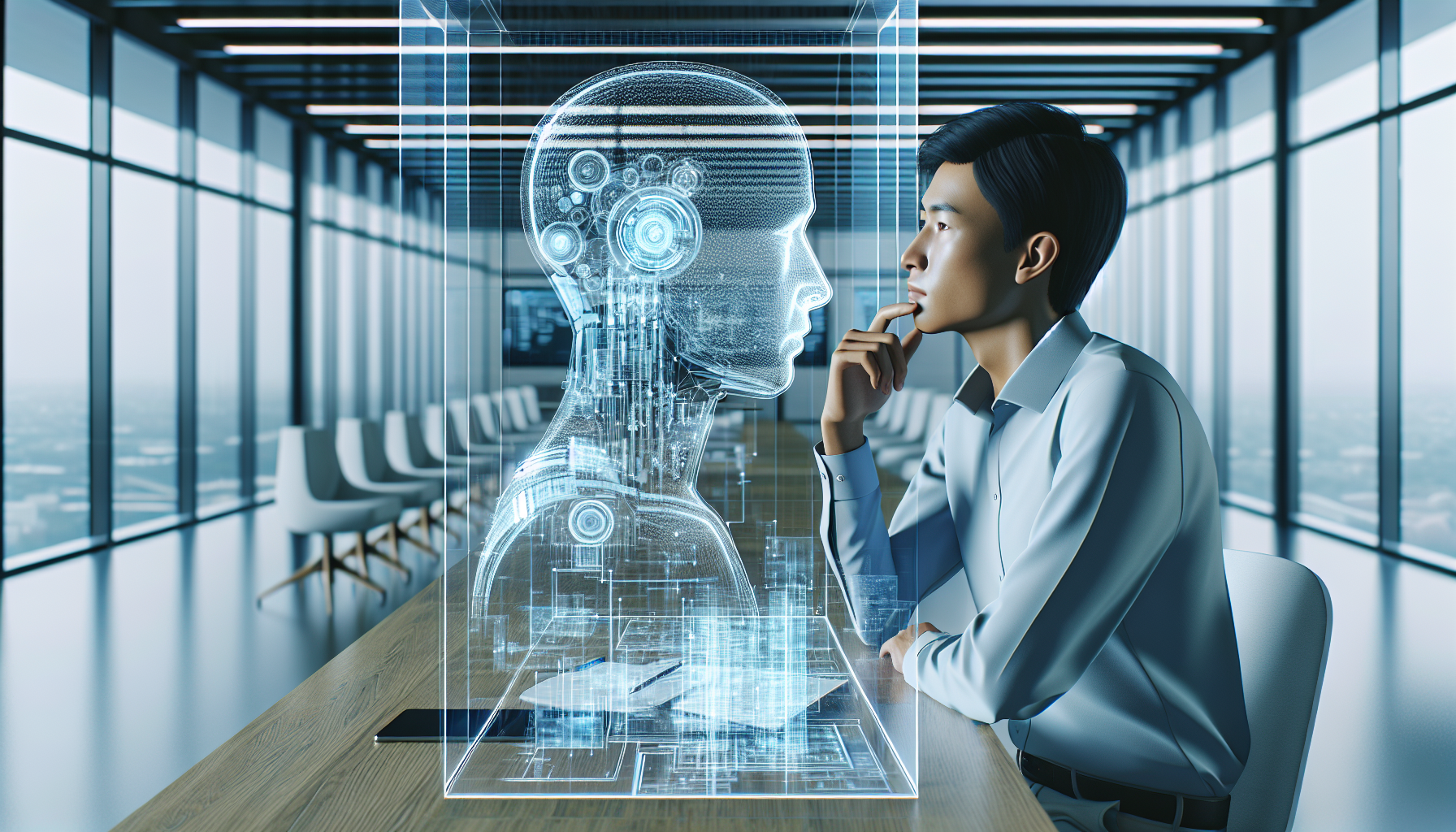
AI Breakthroughs: Revolutionizing Drug Discovery and Development
August 19, 2025
In a bustling lab tucked away in a corner of a leading pharmaceutical company, a team of researchers is on the brink of a breakthrough that could redefine drug discovery and development. The heart of this revolutionary approach? Artificial Intelligence. In the ever-evolving quest to combat complex diseases, AI is not just an assistant but a pivotal partner, transforming how scientists approach the development of life-saving medications.
Imagine a world where developing a new drug doesn’t take over a decade and billions of dollars. This vision is becoming a reality, thanks to AI's remarkable ability to analyze vast datasets with unprecedented speed and accuracy. One inspiring case study comes from a collaboration between a tech startup specializing in AI and a pharmaceutical giant. Together, they embarked on a mission to tackle a rare disease that had long puzzled researchers.
The disease in question was known for its elusive nature, with symptoms that often mimicked other conditions, making diagnosis difficult and treatment almost impossible. Traditional drug discovery methods had hit a wall, with trials and errors yielding more questions than answers. Enter AI, with its capability to sift through mountains of genetic data, patient histories, and previous research findings, identifying potential drug candidates that would have taken humans years to uncover.
The AI system employed was specifically designed to understand complex protein structures and biochemical interactions, simulating how different compounds might interact with the disease at a molecular level. This ability to model interactions in silico (in a computer simulation) allowed researchers to predict the efficacy of numerous compounds before they ever set foot in a laboratory. With AI's guidance, the team could prioritize the most promising candidates, accelerating the initial phases of drug development.
In this case study, the AI breakthrough came when the system identified an unexpected compound that showed significant promise in early tests. This compound, previously deemed too complex to study, was now a beacon of hope, thanks to AI's analytical prowess. The AI-driven insights empowered researchers to tailor their experiments, optimizing conditions that would have otherwise been missed. This precision not only saved time but also drastically reduced costs, reallocating resources to further refine and test the drug.
One of the most remarkable aspects of this AI-driven process is the collaborative spirit it fosters. Scientists and AI systems work in harmony, each bringing strengths that complement the other. AI's computational power unearths patterns and possibilities, while human intuition and creativity drive strategic decisions. This synergy led to an innovative approach to the clinical trials phase, where AI was used to simulate patient responses, predicting adverse reactions and fine-tuning dosages to enhance safety and efficacy.
The implications of this case study extend far beyond a single disease. It shines a light on AI's potential to democratize drug discovery, making it accessible to smaller biotech firms and researchers worldwide. By reducing the barriers to entry, AI empowers a broader spectrum of innovators to pursue cures for diseases that might otherwise be neglected.
Furthermore, the success of AI in this context underscores the importance of interdisciplinary collaboration. It is not solely about technology or medicine; it is about creating a new paradigm where diverse fields converge to solve humanity’s greatest challenges. This case study is a testament to the endless possibilities that emerge when we dare to integrate AI into the core of scientific inquiry.
As we stand on the cusp of this new era in drug discovery, one cannot help but wonder: What other mysteries of medicine might be unraveled by the intelligent confluence of AI and human ingenuity? This question is not only a call to action for researchers and technologists but an invitation to society as a whole to embrace and support the transformative power of AI.
In a world constantly seeking solutions to pressing health crises, AI offers a beacon of hope—a reminder that with innovation, collaboration, and determination, we can overcome even the most daunting challenges. The journey is just beginning, and the potential is as vast as the human spirit's capacity for innovation.


